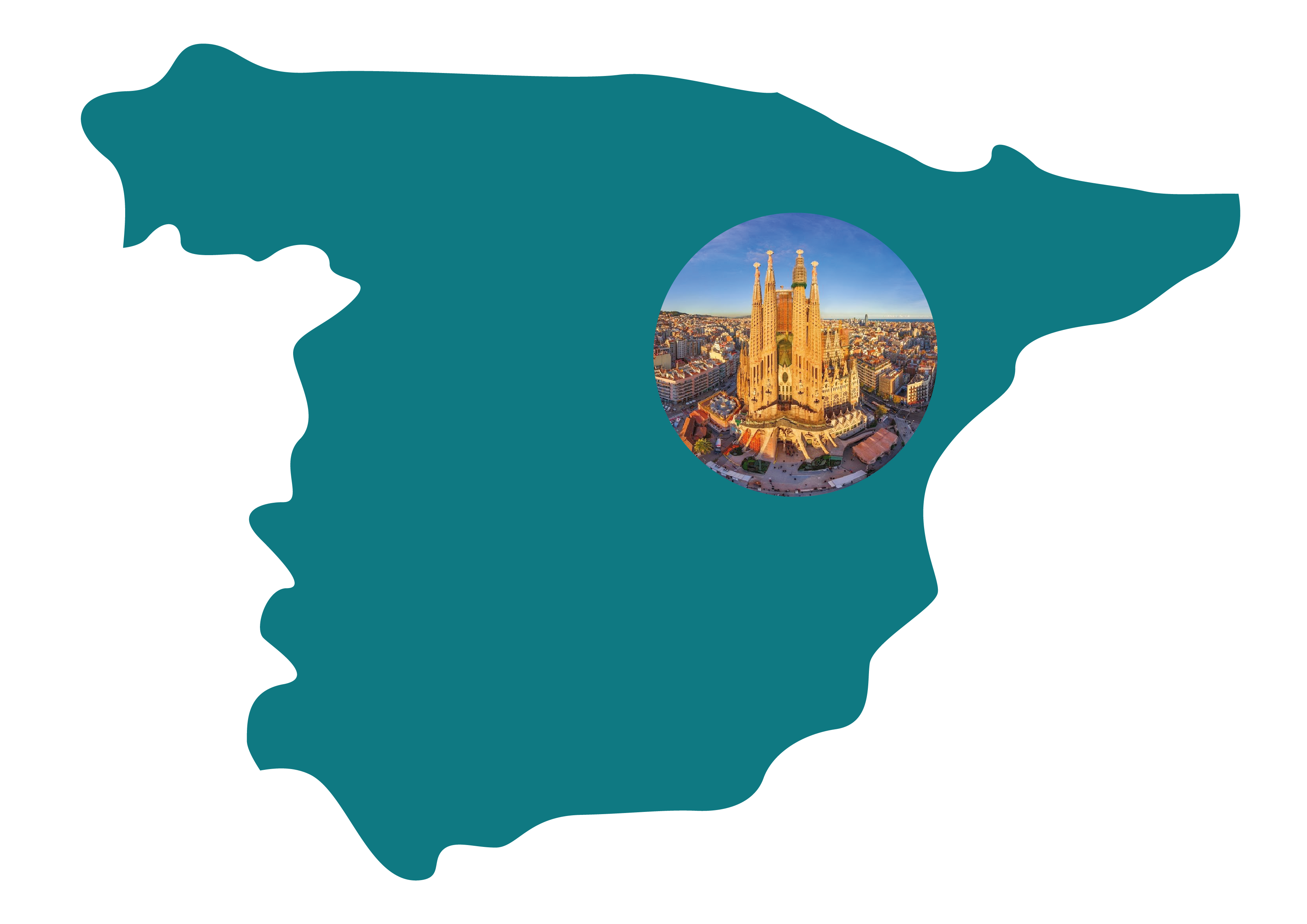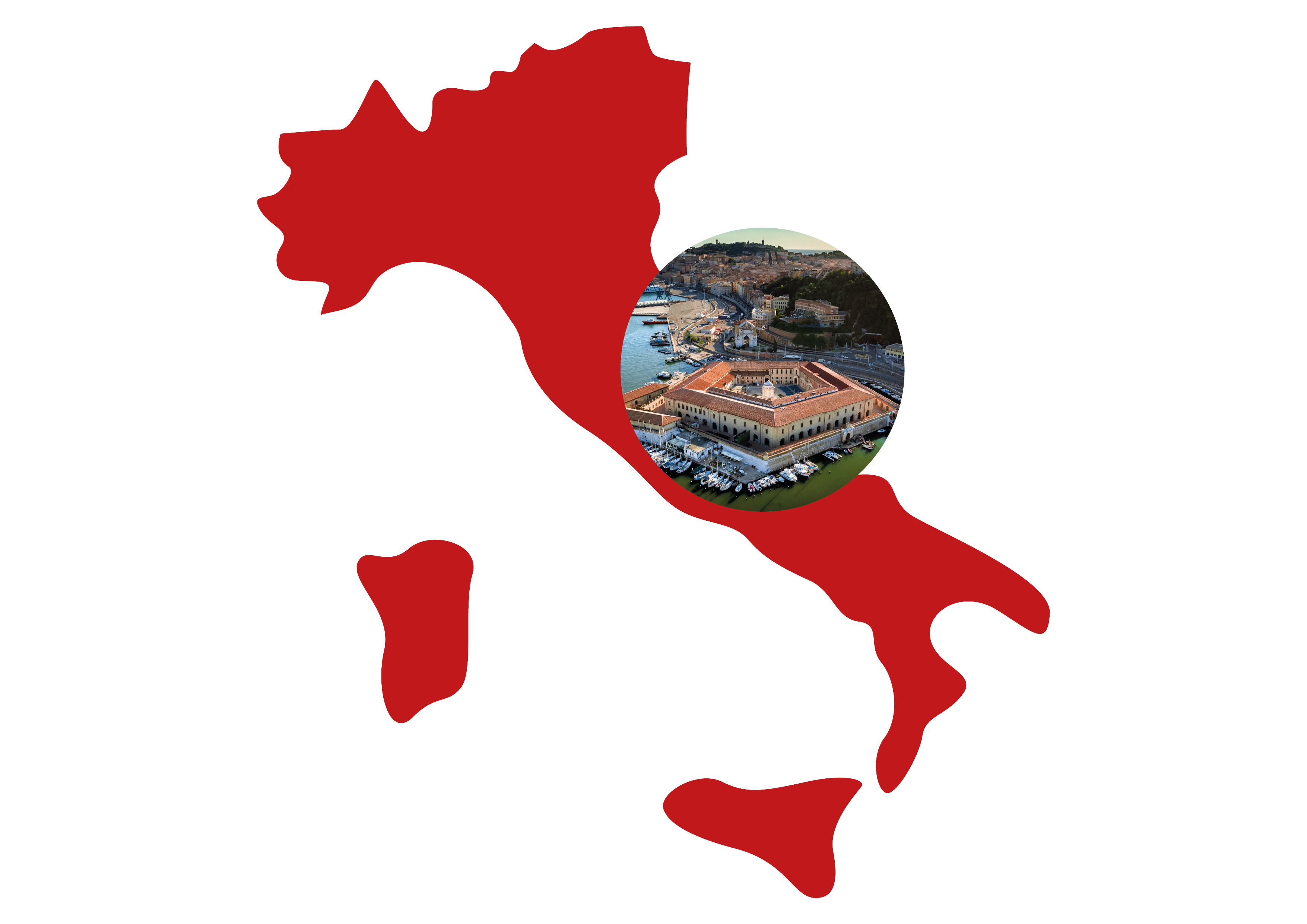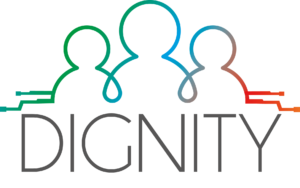The DIGNITY Approach
The DIGNITY approach combines analysis with concrete actions to make digital mobility services inclusive over the long term. The approach connects users’ needs and requirements with the provision of mobility services, and at the same time connects those services to the institutional framework. It is a multi-phase process that first seeks to understand and bridge the digital gap, and then to test, evaluate and fine-tune the approach, so that it can be applied in other contexts even after the project’s end.
The DIGNITY Learning Community
DIGNITY’s Learning Community Platform is a place where the project’s target groups – from policy makers to user associations, from public transport providers to developers of digital mobility apps – can network, share ideas, and co-create knowledge. They will also be able to access and provide feedback on the project’s outputs, such as the inclusive design guidelines, policy recommendations, educational toolkit, design insights and publications. The idea is that by working together, they can improve their understanding of inclusive mobility and inspire each other to create ever more inclusive policies, systems, products and services.
The pilots
DIGNITY will work directly with four regions/metropolitan areas located in different parts of Europe, providing guidance on how to design mobility services for maximum inclusion. User groups will then be involved in the co-design of innovative digital transport products and services, so that they can be used by everyone, regardless of age, income, social status, or disability. This use, testing, and validation of the DIGNITY approach will allow for the formulation of a robust and socially inclusive transport policy framework.
The numbers
Latest news
Italy: A Digital Transport System for Everyone?
DIGNITY is investigating how people across Europe use digital mobility [...]
Building a Vision for the Future of Mobility
DIGNITY’s goal is to propose a digitally inclusive travel system [...]
Real-Life Stories: Getting Around Town in a Wheelchair
“I have been thrown out of my wheelchair because the [...]
The Digital Gap in Flanders: A Wide Range of Inequalities
38% of Flemish people risk digital exclusion. On what basis [...]









